Explore simple chemistry for Valentine’s Day by growing salt crystal hearts. We already made borax crystal hearts and now explore the changes that happen using ordinary table salt as you grow these simple salt crystals. Valentine’s Day science perfect for home or in the classroom.
GROWING SALT CRYSTAL HEARTS FOR VALENTINE’S DAY
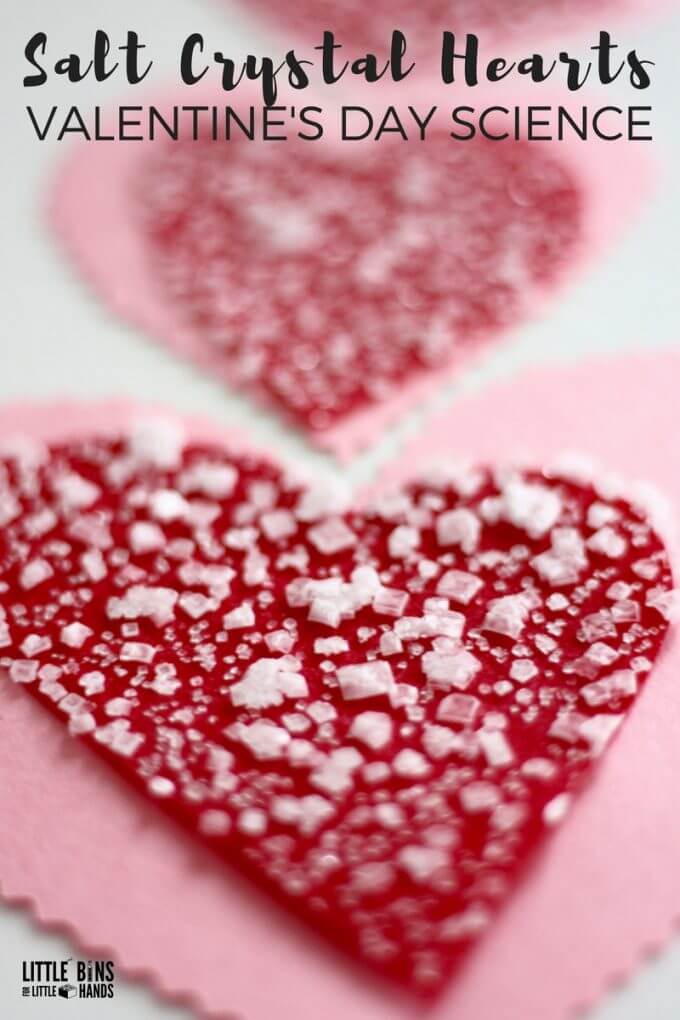
VALENTINE’S DAY SCIENCE
We have been having a fun time with this simple kitchen science experiment! Why do I use the term kitchen science? Because everything you need is found in the kitchen. Check out all our kitchen science experiments!
Growing salt crystal hearts is all about salt and where do you find salt? In the kitchen cupboard of course! So easy and perfect for all ages of kids to work on together.
Take your paper hearts to the next level and grow salt crystals on them! Science all kids can do.
You can also make crystals with borax. They take less time to grow but the borax solution requires adult assistance to make.
GROW CRYSTAL HEARTS WITH BORAX TOO!
We have an awesome 14 DAYS of VALENTINE’S DAY STEM countdown for kids! Inside our Valentine’s Day STEM countdown you will find awesome but simple to set up ideas for making slimes, structures, reactions, bubbles, and more for great Valentine’s Day science all month long.
GROWING SALT CRYSTAL HEARTS
Open the cupboards and get set for a little kitchen science this Valentine’s Day!
SUPPLIES:
- SALT
- WATER
- MEASURING SPOON, SPOON, CONTAINER
- TRAY
- CONSTRUCTION PAPER HEARTS
HOW TO GROW SALT CRYSTALS
STEP 1. Make a saturated salt solution.
Start with hot water. I just let the tap water run really hot. You can boil the water as well.
Tablespoon by tablespoon we added salt until the water could not hold anymore. The hotter the water, the more salt you will be able to add. The goal is to add as much salt as the water will hold to make a saturated solution.
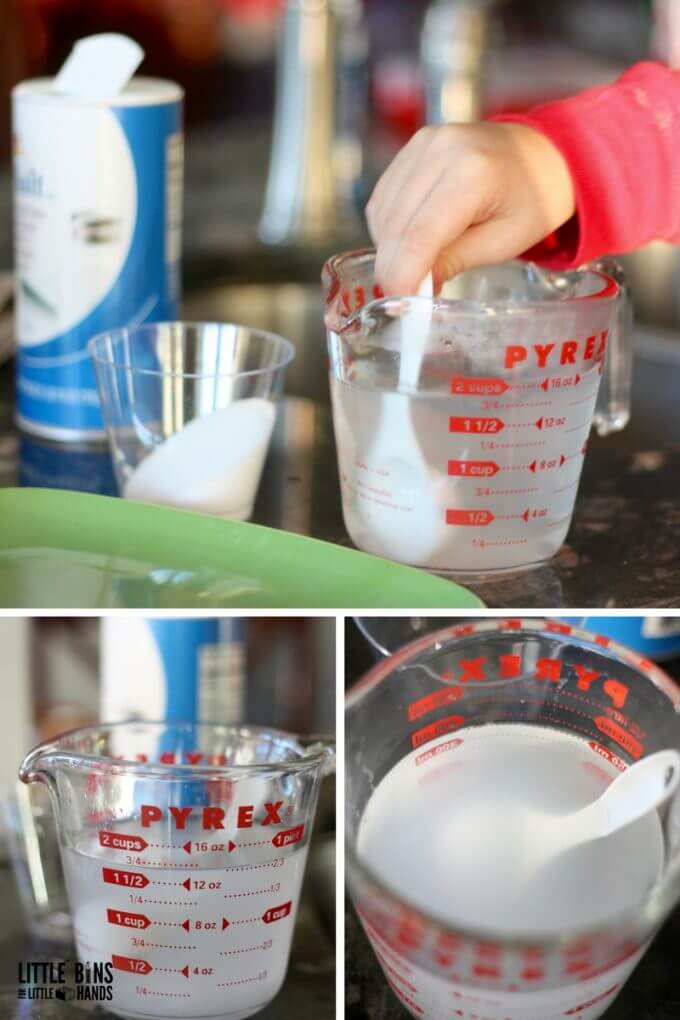
STEP 2. Place your hearts on a tray or dish and pour just enough to cover the hearts. You may even see some salt left over in your container, that’s ok.
Set your tray aside and wait and watch!
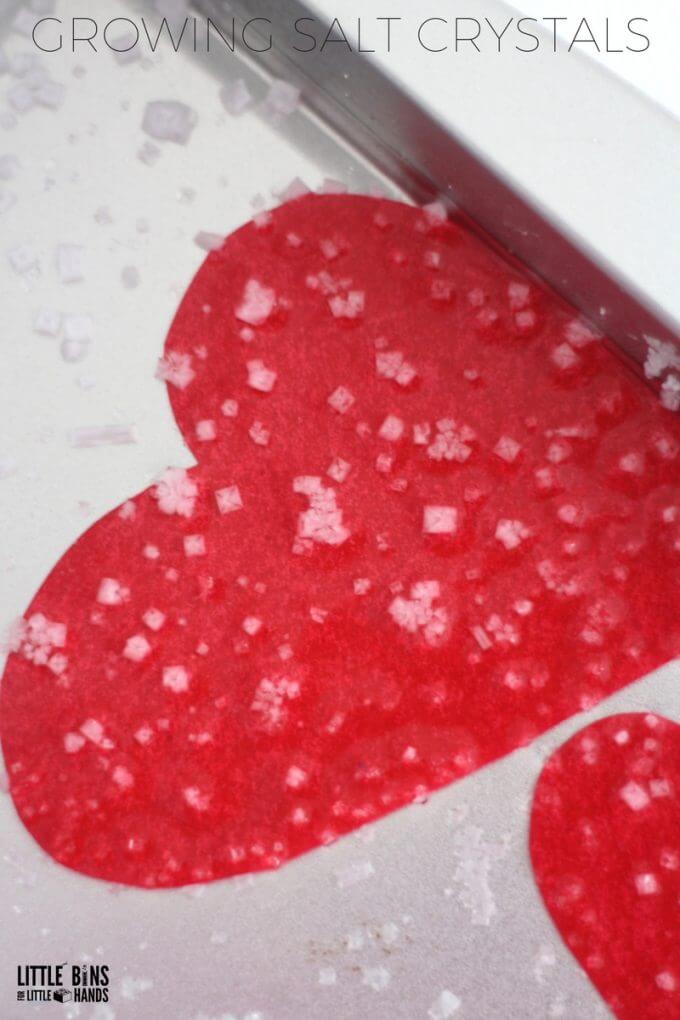
SALT CRYSTAL SCIENCE
Growing salt crystal hearts is all about chemistry! What is chemistry? The reaction or change that occurs between two substances such as water and salt. Also, explore solutions and mixtures such as what dissolves in water and what does not.
As the salt solution cools and the water evaporates the atoms {sodium and chlorine} are no longer separated by water molecules. They begin to bond together and then bond further forming the special cube-shaped crystal for salt.
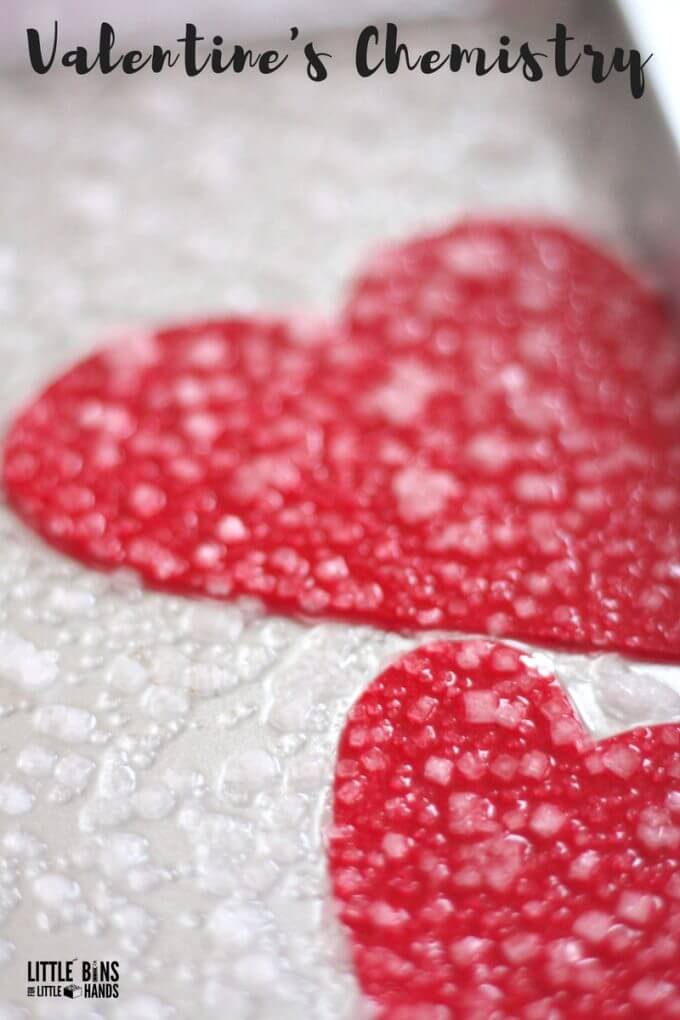
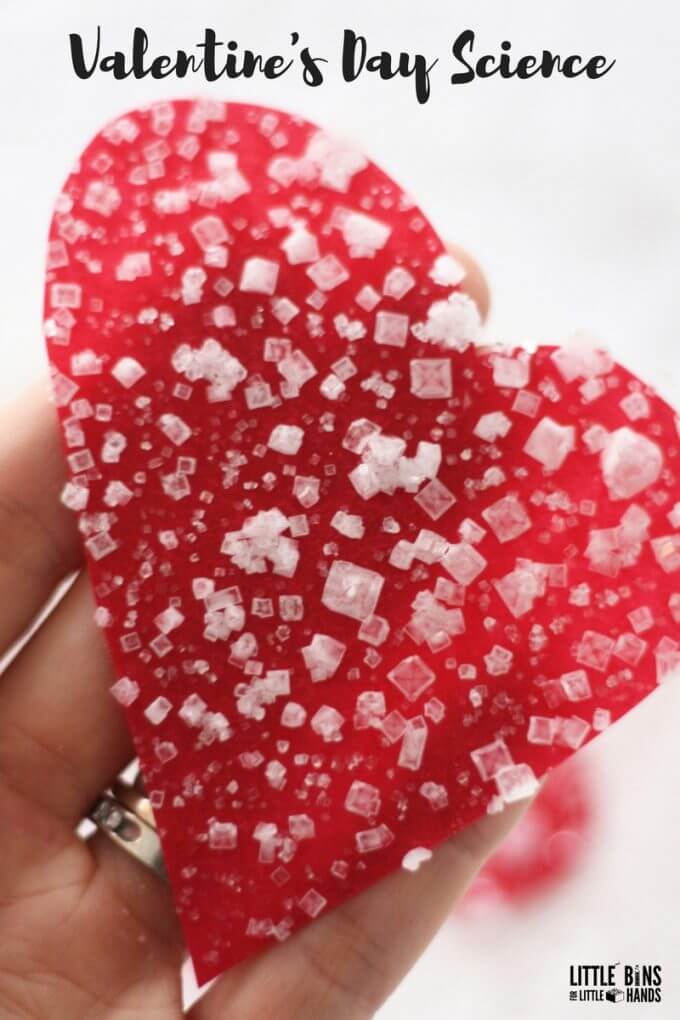
MORE FUN VALENTINE HEART IDEAS
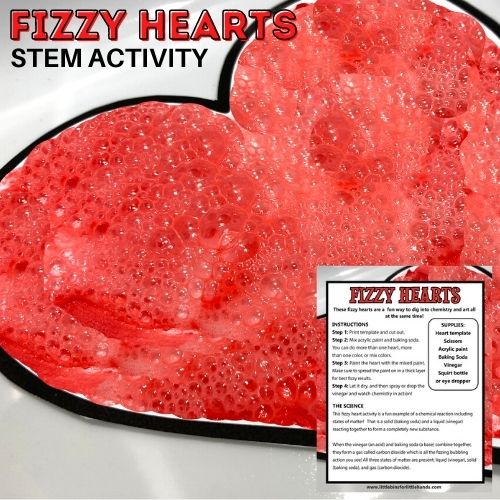
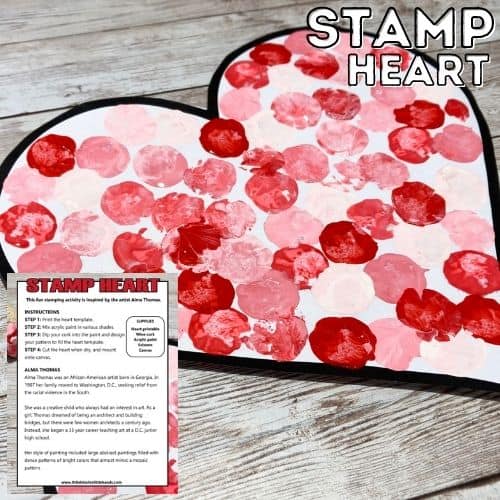
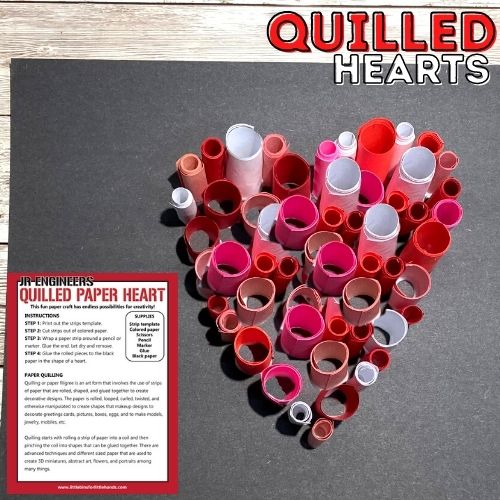

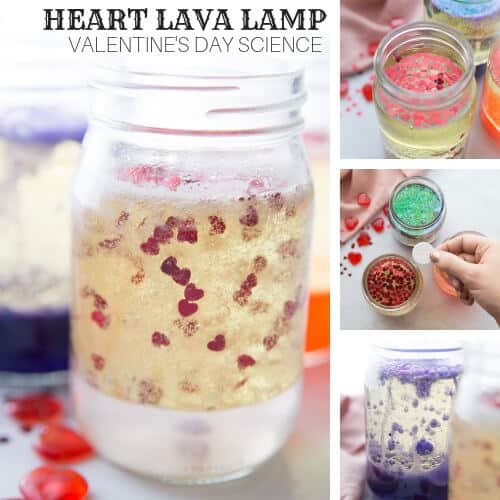
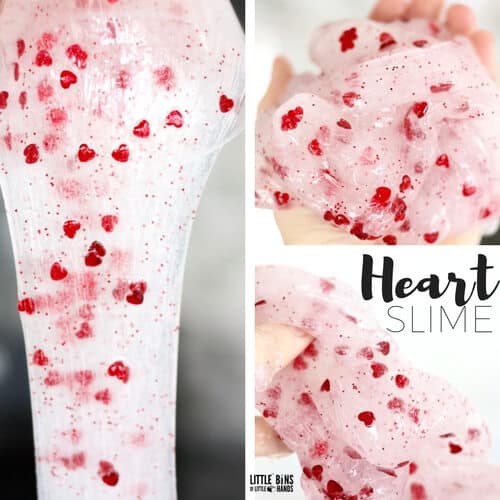
SIMPLE VALENTINES HEART CRYSTALS FOR KIDS
Make sure to check out these other awesome Valentine’s Day science experiments too.
BONUS VALENTINE’S DAY ACTIVITIES FOR KIDS
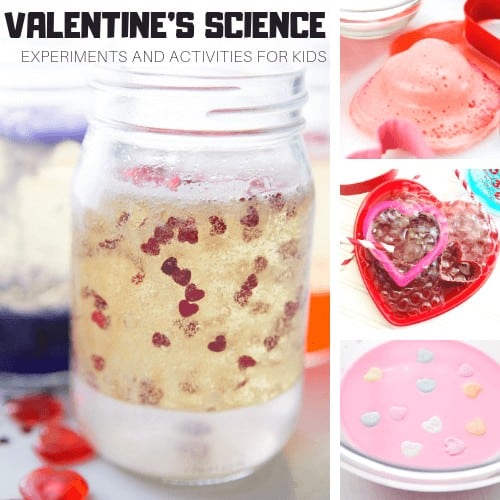
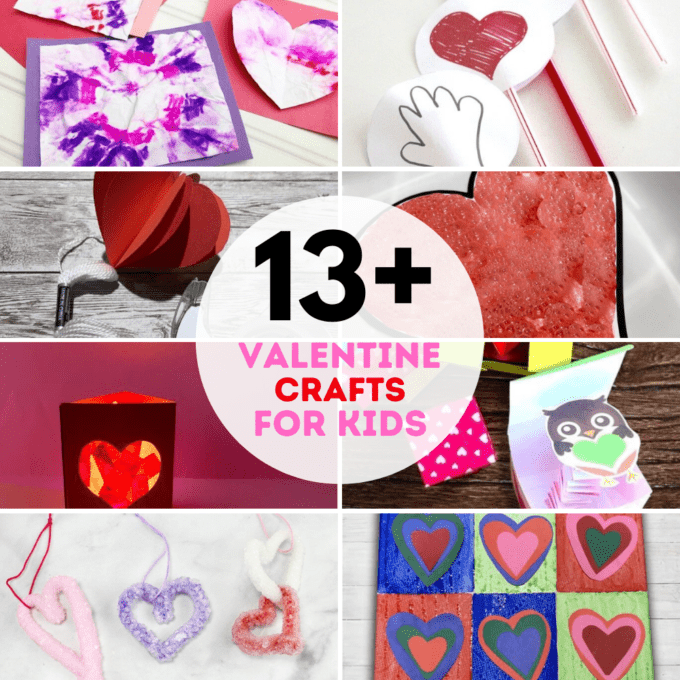

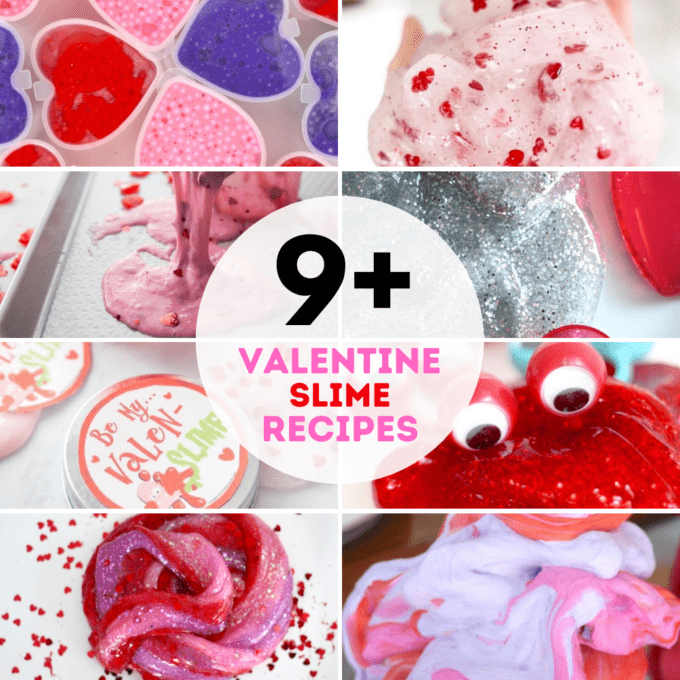


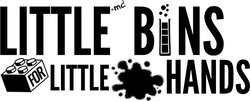

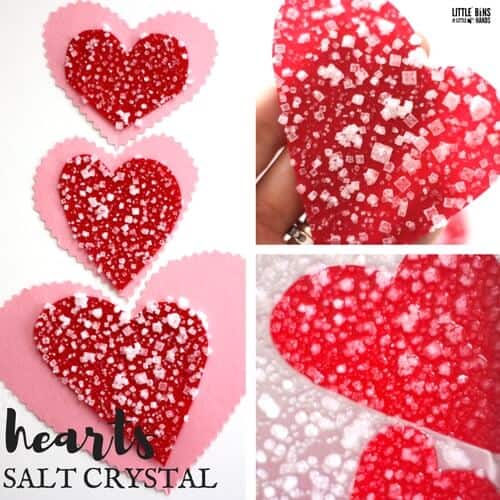
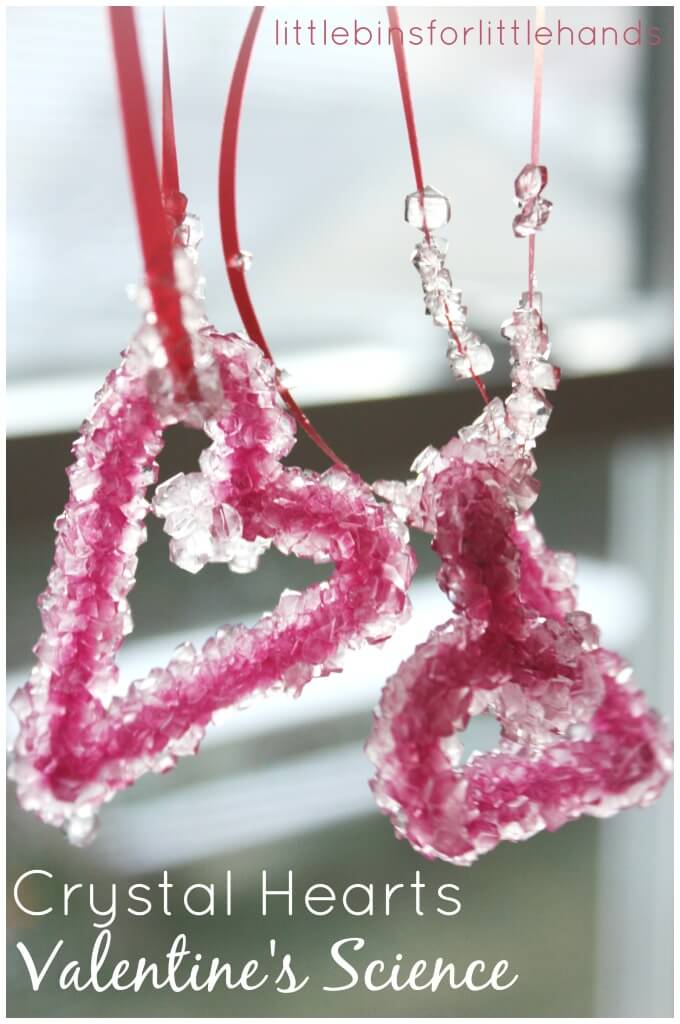

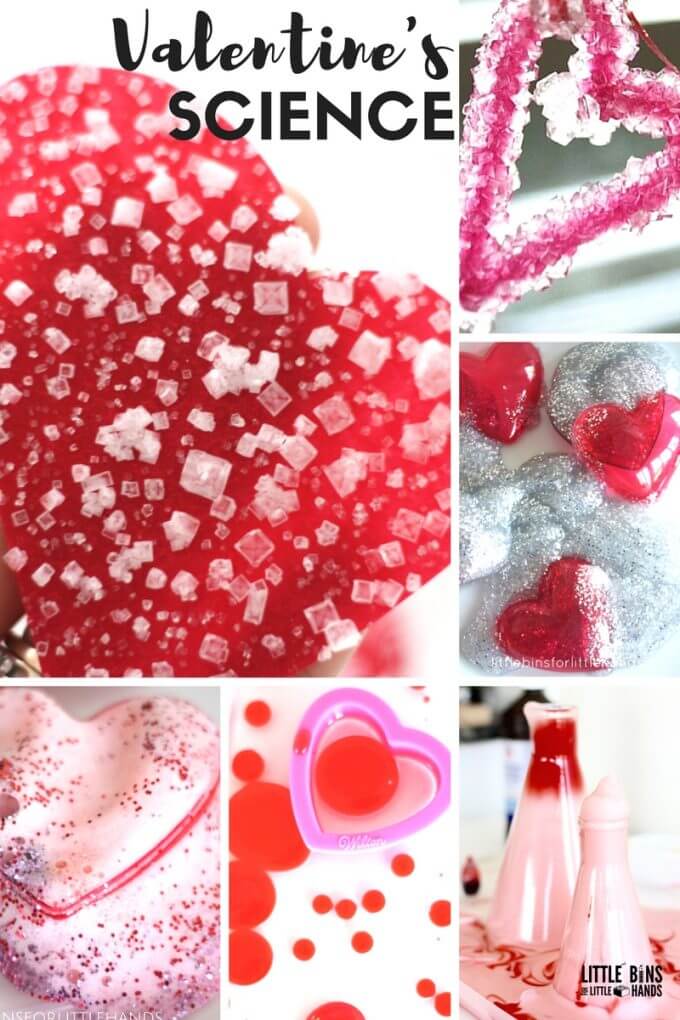
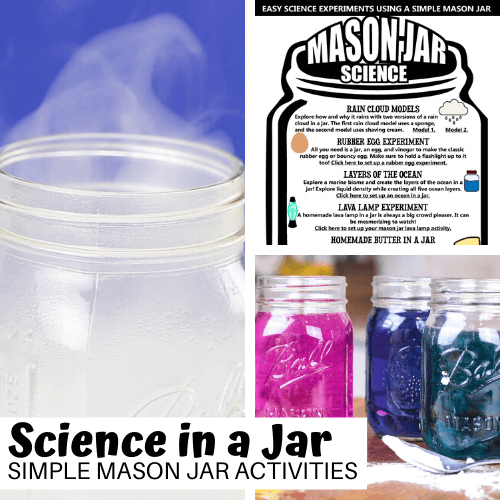
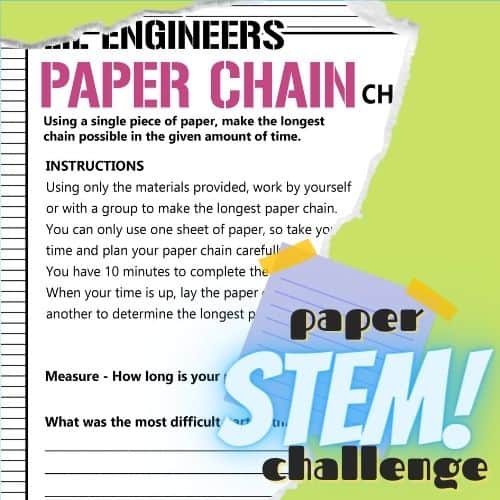
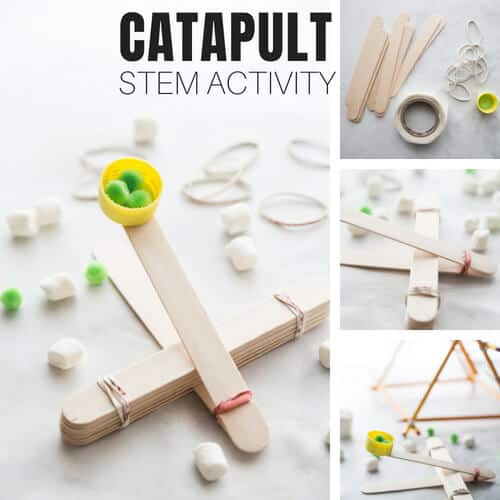
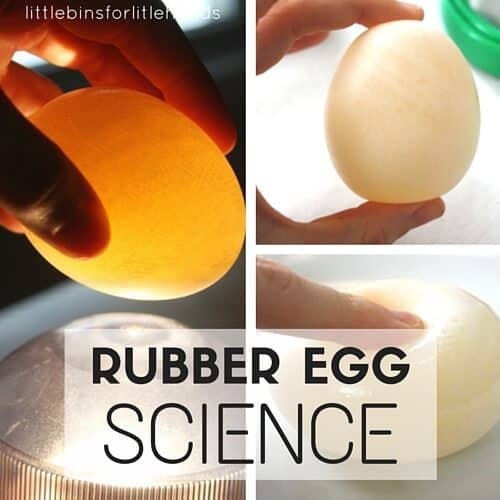
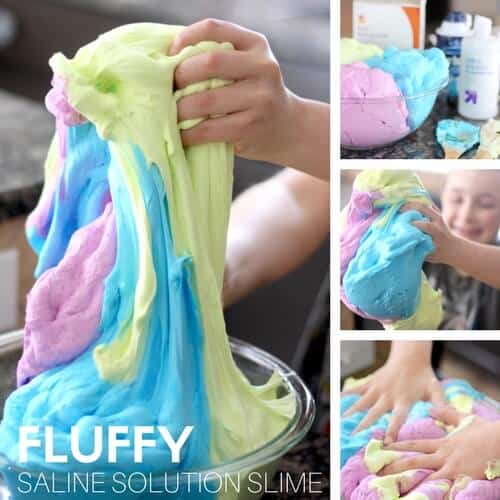
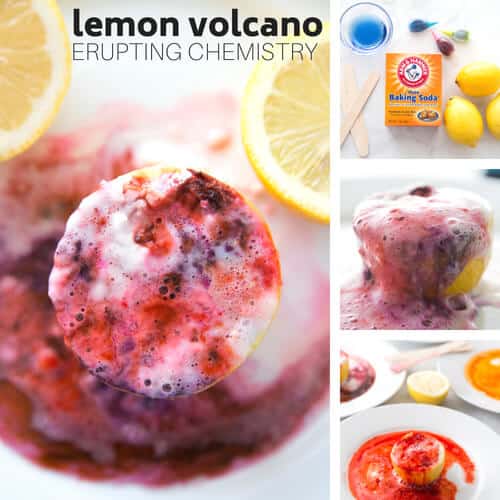
I love all the Valentine ideas! Great for kids ANS Seniors!
Awesome thank you! Yes, I think seniors would definitely benefit from these ideas as well as kids and probable everyone in between!
I recently made the crystal hearts with my Montessori preschoolers. They enjoyed mixing the salt and water to make a solution and were amazed at the beautiful results! Thank you for this wonderful idea.
Thank you for your ideas. I have really enjoyed reading through all of the creative projects.
I did want to suggest a slight revision to your explanation above regarding salt solubility. It is true that most solids do have increasing solubility with higher temperatures. However, table salt is not one of them… there is only about an increase of ~1g/100g of water if you heat the water up to boiling. So, it will not really help you get more dissolved to heat it up. BUT it might help speed up the dissolving rate a little as the water molecules would collide more frequently with the ions in the salt crystal.